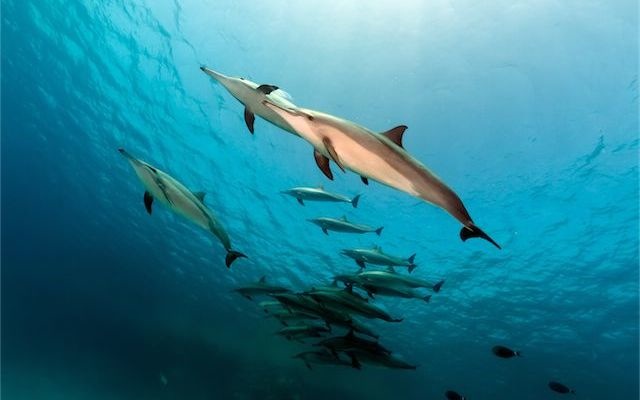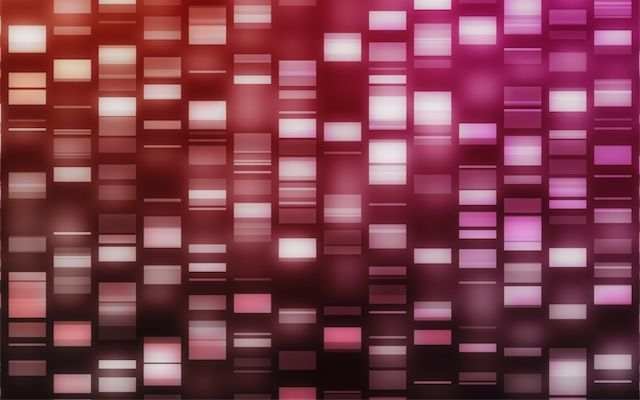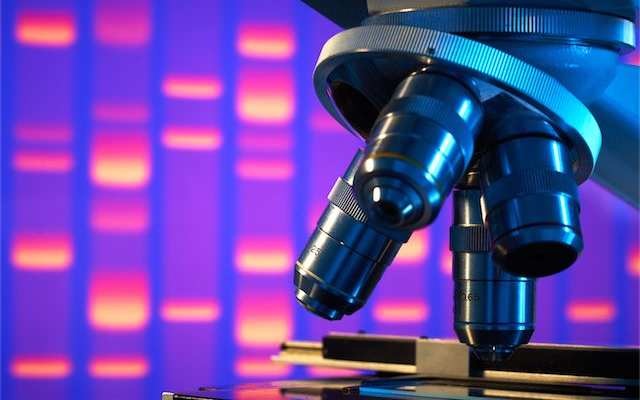Dolphin DNA Initiatives: Forensic Research to Save Dolphins
Even once a dolphin has been killed and fraudulently mislabeled… she can still tell her story.
Mission:
To prevent the development of a profitable international market for dolphin meat, and to police world meat markets for dolphin mislabeled as other products.
Goals:
Get dolphin meat out of world markets, both international and local.
Strategy:
Use the ET-invented tactics of undercover sample collection, unimpeachable chain of custody, and in-situ PCR amplification to reality-check suspected outlets for dolphin meat, and track them back to their source with DNA analysis.
Tactics:
Stress the toxic effect of eating dolphins; dolphins’ self-awareness and advanced intelligence; the unnacceptability to many of wiping out dolphins.
How is it different than other dolphin-saving programs?
This project is unique in using ET’s forensic DNA protocols and undercover expertise to provide a reality check on end-sales in any nation, and to be able to trace back the dolphin meat to where it was killed. This is coupled with high-profile scientific press to bring pressure on the nations, corporations, organizations and towns involved in the killing as well as in the selling.
Significance:
The ET DNA field protocol has been hailed by many conservationist organizations as a breakthrough methodology with short turnaround time, to monitor the take and marketing of species in the 21st century.
Dolphins are slow-reproducing species which can quickly be wiped out by concerted local killing, if there is a market for the flesh. There’s really not time to base conservation response on rumors of kills in remote areas, because in the case of many large kills, the rumors are not allowed to propagate.
Nations such as Japan and others have an evolved history of “laundering” meat through organized crime distribution channels to disguise its origin. But with ET’s DNA techniques, a dolphin can still hell her story even if she has been killed, dismembered, shrink-wrapped with garnish, and mis-labeled.
Sometimes there’s a real science to saving dolphins.
ET invented & initially fielded suitcase field DNA labs in 1993 to bust illicit whale and dolphin meat trafficking, showing that much of the “whale meat” in Japan’s markets was mis-labeled dolphin meat. This successful initiative exposed a thriving illegal trade and showed the need for a new campaign for dolphin conservation.
Dolphins don’t have even the same treaty protections as whales, and a very large quantity of dolphin meat can in principle be laundered through nations which have arcane or organized-crime-controlled internal distribution systems.
Not only is this bad news for the dolphins, but the high levels of toxic bioaccumulants (like heavy metals) in dolphin flesh mean that people who buy such mislabeled product are being simultaneously defrauded and poisoned.
ET has expanded its Dolphin DNA work as possible, working with various universities and scientists, technology companies, and with Pew Charitable Trusts. The work depends on designated funding being available, and is currently in a holding pattern.
















